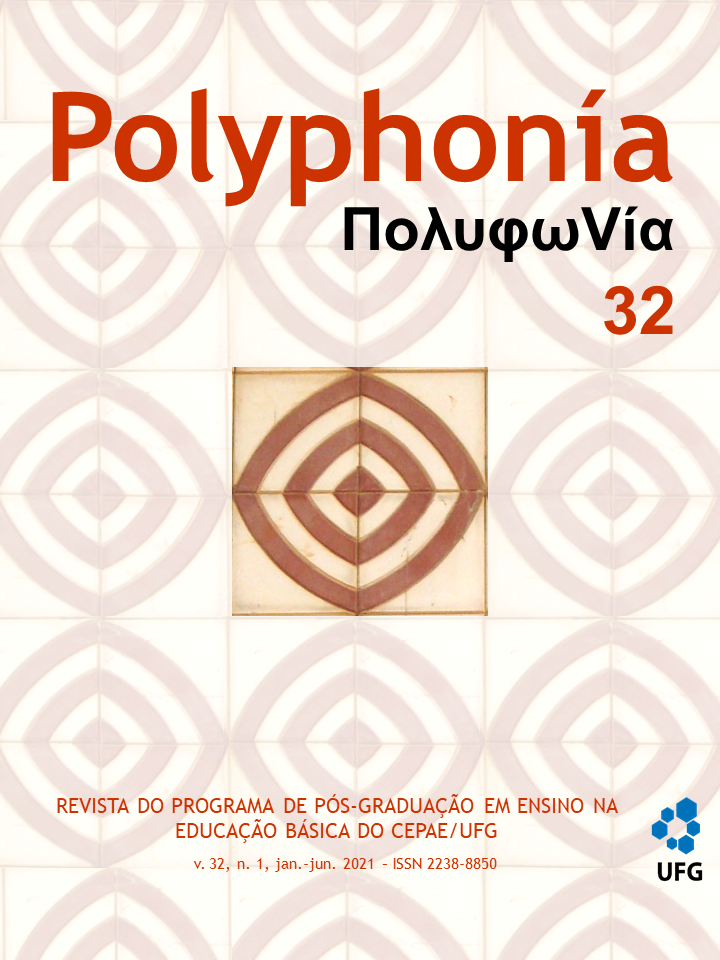Desenvolvimento social e alívio da pobreza no discurso do Banco Mundial: implicações para as políticas de formação de professores
DOI:
https://doi.org/10.5216/rp.v32i1.67401Abstract
In view of the need to readjust neoliberal governance, whose orthodox dimension has shown its limits, the World Bank had to subordinate itself, analytically and programmatically, to the policy of poverty alleviation of the perspective of economic liberalization, which implied into a higher priority to the educational phenomenon and, consequently, to the figure of the teacher. In this context, the study on sight sought to systematize and discuss the main proposals of the World Bank for the specificity of teaching formation nowadays. Through the conceptual analysis of the Bank's documents about the educational topic, it was possible to reveal that, behind the affable discourse of the search for development and the poverty alleviation, the ideological inversion between what would be determinant and determined when it comes to social dynamics, the functional use of the capital of the learning category and the predominance of learn to learn pedagogies. In this way, it is concluded that the enhancement of the teaching theme, especially of teaching formation, is related to the possibility of the teacher operating, in the school environment and under the ruse of social justice, the reproduction of both technical and ethico-political conditions necessary to the maintenance of capitalist order.Downloads
Download data is not yet available.
Downloads
Published
2021-01-19
How to Cite
CORREIA BRITO NETO, Anibal. Desenvolvimento social e alívio da pobreza no discurso do Banco Mundial: implicações para as políticas de formação de professores. Revista Polyphonía, Goiânia, v. 32, n. 1, p. 219–240, 2021. DOI: 10.5216/rp.v32i1.67401. Disponível em: https://revistas.ufg.br/sv/article/view/67401. Acesso em: 11 feb. 2026.
Issue
Section
Dossiê Escola, Complexidade e Justiça Social
License
Política de direitos autorais (acesso livre). Autores que publicam nesta revista concordam com os seguintes termos: Autores mantém os direitos autorais e concedem à Revista Polyphonía o direito de primeira publicação, com o trabalho simultaneamente licenciado sob a Creative Commons Attribution License que permitindo o compartilhamento do trabalho com reconhecimento da autoria do trabalho e publicação inicial nesta revista.
Autores têm autorização para assumir contratos adicionais separadamente, para distribuição não-exclusiva da versão do trabalho publicada nesta revista (ex.: publicar em repositório institucional ou como capítulo de livro), com reconhecimento de autoria e publicação inicial nesta revista.
Autores têm permissão e são estimulados a publicar e distribuir seu trabalho online (ex.: em repositórios institucionais ou na sua página pessoal) a qualquer ponto antes ou durante o processo editorial, já que isso pode gerar alterações produtivas, bem como aumentar o impacto e a citação do trabalho publicado (Veja O Efeito do Acesso Livre).


